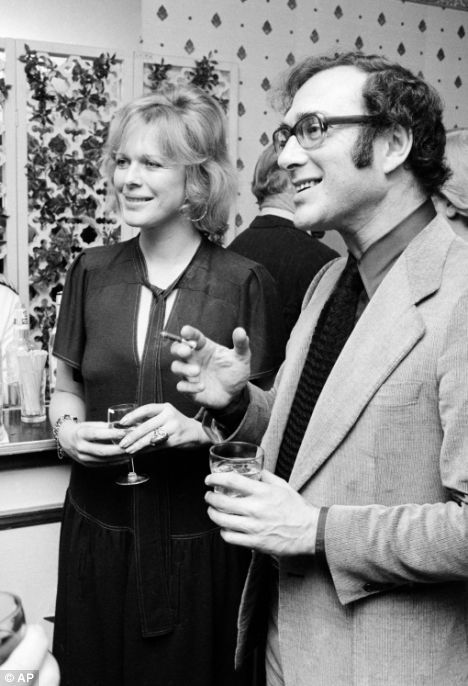“One evening I was at a party. I approached two young Turkish ladies who were having a conversation: ‘What’s your opinion concerning the tortures being inflicted in your country?‘ They looked at me amazed: ‘Tortures? What tortures?’ ‘Do you mean to say you don’t know that every day dozens of men are tortured in your country?’ ‘No, you are mistaken, only communists are tortured.”
“Instead of strangling the two women I went home and started writing Party Time”
It is with these words, which today seem disarmingly relevant, that Harold Pinter summarized the genesis of “Party Time”, the play written in 1991 and first performed that same year at London’s Almeida Theatre.
Pinter was well aware of the Turkish situation: in 1985 he had visited the Country with the renowned director Arthur Miller. There, in a speech at the American embassy, he condemned Ankara’s oppression toward the Kurdish opposition and expressed his concern for the tortures which he had seen perpetrated towards those people.
His comments got him expelled from Turkey.
However “Party Time” does not explicitly refer to the position of the then Turkish government, it has a more universal meaning and significance on the subject not only of human rights violations but, in general, the use of political power on the part of governing forces, ready to do anything to hold on to their privileges.
The play is set at a powerful man’s party one evening where the guests, a spectrum of humanity hypocritically hiding jealousies and dislikes, and with an unquenching thirst for power, amiably converse about exclusive clubs, holidays on desert islands, expensive restaurants. An exclusive social reality, highly intolerant towards anybody not conforming to this type of society or not satisfying their requests.
Between one drink and another the reality of the outside world barges in, that which was left outside the party’s superficiality, of the streets where, as we deduce from some of the lines, a vicious repression is taking place, the instigators of which are among the evening’s guests.
Two different places, two contrasting worlds which Pinter portrays pitilessly highlighting the relationship between mundane life and power in a society which appears tolerant and free from the point of view of costumes and is repressive when it comes to freedom of thought and expression.
The voices which stand out of the crowd at the party are few.
And dissent is broken by silence. Because the important thing is not to ask questions: “You mustn’t think of anything. Just shut up. Shut up and mind your own business, how many times do I have to tell you? You come to a lovely party like this, all you have to do is shut up and enjoy the hospitality and mind your own fucking business”.
The party is over, friends leave as the host thanks everyone. “Between ourselves we’ve had a bit of a round up this evening. This round up is coming to an end. In fact normal services will be resumed shortly. This is, after all, our aim. Normal service. We, if you like, insist on it. We will insist on it. We do. That’s all we ask, that the service this country provides will run on normal, secure and legitimate paths and that the ordinary citizen be allowed to pursue his labours and leisure in peace. Thank you all so much for coming here tonight. It’s been really lovely to see you, quite smashing”.
Ph Pinterest

